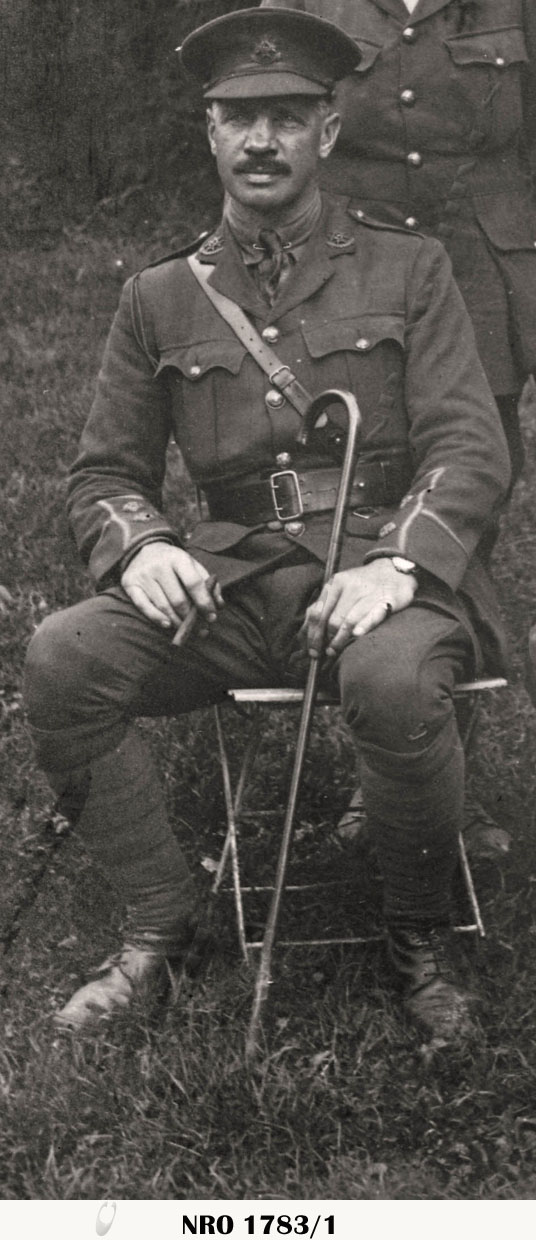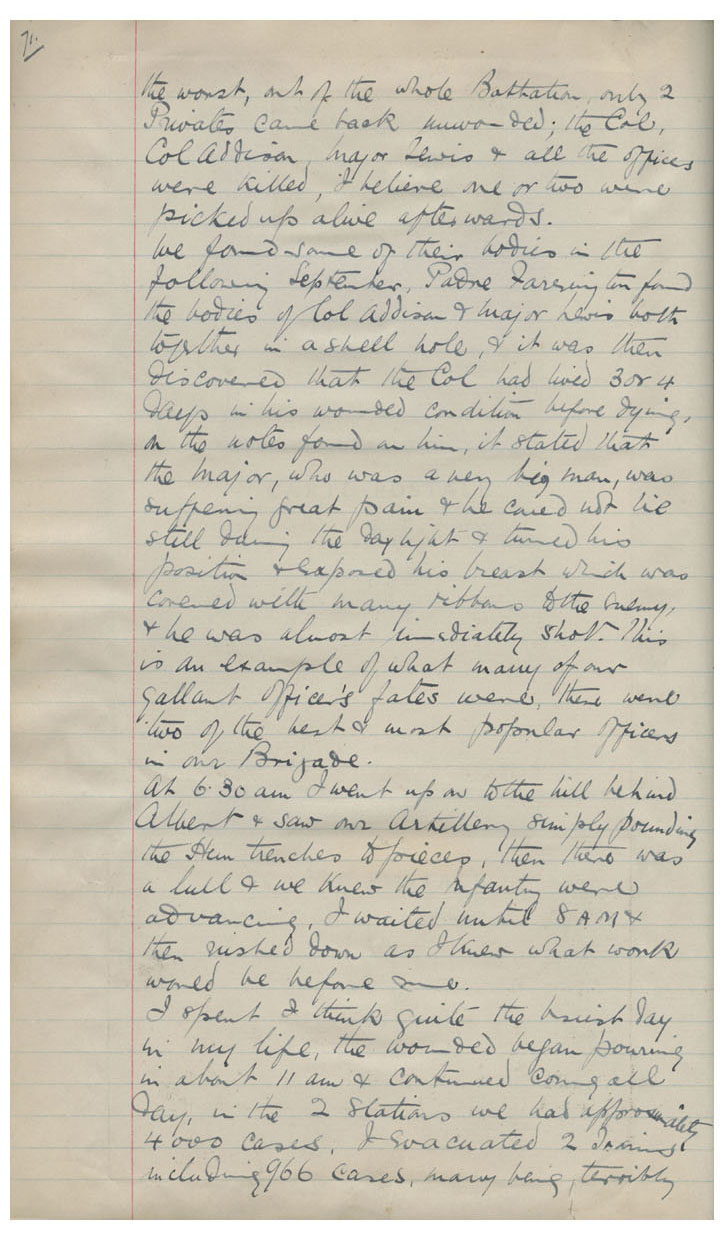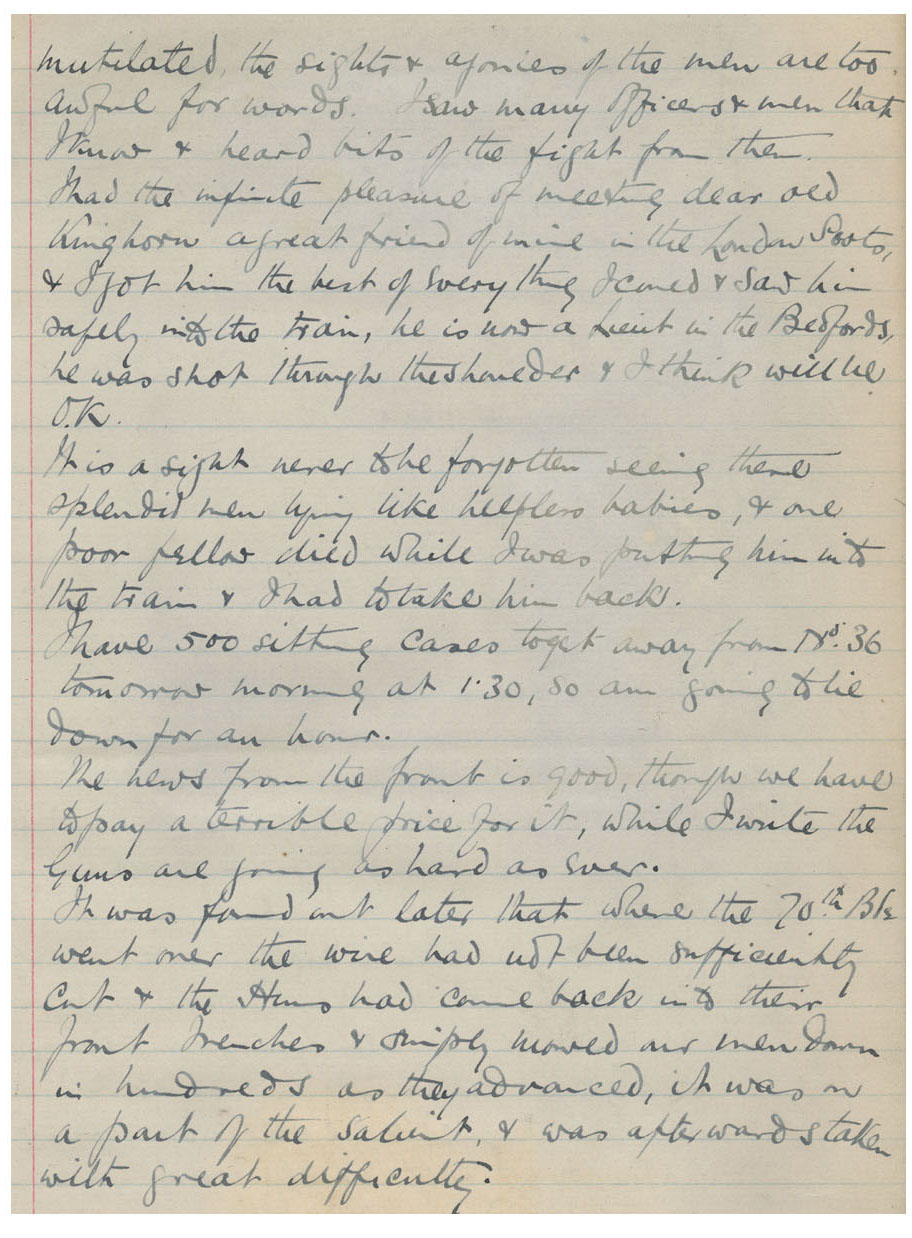John Evelyn Carr was born at Gosforth, Northumberland, in 1871, one of fourteen children born to John Carr and his wife Charlotte (nee Fair). The family lived at Roseworth, a substantial property in Gosforth, since demolished, and also owned a home on the north Northumberland coast – Scremerston Sea Houses. John Carr senior was a timber merchant – the family business , Messrs. Carr & Sons was based in Newcastle upon Tyne. He was also a partner in the Scremerston and Shorewood Coal and Lime Company and was a coal exporter. In 1881 he qualified to serve as a magistrate and went on to serve as a member of Northumberland County Council, eventually becoming an Alderman.
John Evelyn Carr attended Durham School and went on to qualify as a mining engineer. In 1900 he married Gertrude Isabella Moncrieff Blair at St. Andrew’s, Newcastle upon Tyne. Gertrude’s family originated from the Ayr and Perth areas of Scotland. Her brother was a manager of the Berwick North Eastern Bank and it may have been this association that brought her into contact with her future husband. Prior to the outbreak of war John was appointed managing director of Scremerston Coal Company – he was the fourth generation of his family to hold this position. He also farmed at Heathery Tops, Scremerston. He was also a keen sportsman, playing rugby for Northumberland county.

In August 1914 John Evelyn Carr enlisted as a private soldier in the London Scottish and served in the 1st Battalion in France from September 1914 to January 1915 when he was wounded near Bethune. He convalesced at Cottesbrook, Northamptonshire and was commissioned in the 8th Manchester Regiment, in which he served at Barrow from March to August 1915. He transferred to the 11th Battalion Sherwood Foresters at Bordon Camp, and served with the Battalion and with the 70th Brigade H.Q. in France until November 1917 and in Italy until the end of the War. He was demobilised in December 1919 having been awarded the Italian War Medal and being mentioned in despatches.
After the war Carr resumed his position with the Scremerston Coal Company resigning this post in 1922 but returning to it thirteen years later and remaining in post until the establishment of the National Coal Board in 1947. He established the concrete works at Scremerston Sandbanks, and also took over the Battleship Garage at Scremerston. He continued to farm at Heathery Tops where he was a well known breeder of stock cattle and sheep. Carr was one of the founders of the Scremerston Branch of the British Legion. He was a former chairman, and he also helped to tidy up and maintain the village War Memorial.
John Evelyn Carr died at Spittal, Northumberland, in June 1958. One of Captain Carr’s brothers lost his life in World War One – Henry Cecil Carr lost his life whilst commanding HMS Bayano in 1915. Another brother Reginald Carr also served as a Naval Commander. There is a memorial to him on Gosforth Parish Church.
The Dairies
Captain Carr’s diaries comprise four books, the second and third providing separately written versions of the same experiences between September 1916 and November 1917. It is probable that the diary or at least the first two books, were written up after the events from notes kept in other forms. Each book also contains numerous photographs and postcards of towns and villages in France, postcards of Berwick-upon-Tweed, Cottesbrook, Barrow inn Furness, Bordon etc, humorous, sentimental and propogandist postcards and papers, extracts from newspapers, regimental magazines, regimental notices and orders (including one for a raid on enemy trenches), cards and souvenirs taken from German prisoners, and some original letters. The last book ends with a copy of a testimonial referring to Captain Carr’s service by Brigadier General H. Gordon commanding 70th Infantry Brigade.



Diary Entry July 1st 1916 Transcription
A lovely summer day & one that I shall never forget for many things; one principal thing was that my Battn. (as good as any in the British Army)was almost entirely demolished, only 2 officers who were with it got back unwounded Capt. Hudson & Lt. Hayes, all the rest were either killed or wounded, the Col was badly hit in the both lungs, the Adt. was wounded & many of my best pals were killed.
The whole of our Brigade (the 70th) which went over at La Boisselles was about wiped out, I think somewhere about 400 being left, the 8th York & Lancs suffered the worst, out of the whole Battalion only 2 Privates came back unwounded, the Col, Col Addison Major Lewis & all the officers were killed, I believe one or two were picked up alive afterwards.
We found some of their bodies the following September, Padre Farrington found the bodies of Col. Addison & Major Lewis both together in a shell hole, & it was then discovered that the Col has lived 3 or 4 days in his wounded condition before dying, on the notes found on him it stated that the Major, who was a very big man, was suffering great pain & he could not lie still during the daylight & turned his position & exposed his breast which was covered with many ribbons to the enemy, and he was almost immediately shot. This is an example of what many of our gallant officer’s fates were, there went two of the best and most popular officers in our Brigade.
At 6.30am I went up on to the hill behind Albert & saw our Artillery simply pounding the Hun trenches to pieces, then there was lull & we knew the Infantry were advancing, I waited until 8am & then rushed down as I knew what work would be before me.
I spent I think quite the busiest day in my life, the wounded began pouring in about 11am & continued coming all day, in the 2 stations we had approximately 4000 cases, I evacuated 2 trains including 966 cases, many being terribly mutilated, the sights and agonies of the men are too awful for words. I saw many officers and men that I know & heard bits of the fight from them. I had the infinite pleasure of meeting dear old Kinghorn a great friend of mine in the London Scots, & I got him the best of everything I could & saw him safely into the train, he is now a Lieut. in the Bedfords. He was shot through the shoulder & I think will be OK.
It is a sight never to be forgotten seeing there splendid men lying like helpless babies, & one poor fellow died while I was putting him into the train & I had to take him back.
I have 500 sitting cases to get away from No. 36 tomorrow morning at 1.30, so am going to lie down for an hour.
The news from the front is good, though we have to pay a terrible price for it, while I write the guns are going as hard as ever.
It was found out later that where the 70th Bte went over the wire had not been sufficiently cut & the Huns had come back into their front trenches & simply mowed our men down in hundreds as they advanced , it was in a part of the salient, & was afterwards taken with great difficulty.

I am Evelyn Carr’s great nephew. I was born in 1942, my father John Reginald Carr was the only son of Hubert Martin Carr who emigrated to Argentina after the failure of the Newcastle & District Bank (?) in 1892. The Carr Family had extensive unsecured holdings in the Bank. Hubert Martin (known as Tommy) was the only one of his generation to have a son. He emigrated in 1902, and tried to join the Army after the outbreak of war. He was rejected on health grounds and returned to Patagonia where he died of stomach cancer in 1920. My father was born in 1912 in Liverpool whilst my grandfather was home on a wool selling visit. Following my grandfather’s death, Uncle Evelyn helped in the his upbringing. At 13 my father went to Dartmouth and subsequently served in the Royal Navy until retirement. He spent many of his holidays with his uncle.
Although my father’s Naval Service meant that I grew up in the South of England, near Portsmouth, visits to ‘Uncle Evelyn’ were always a treat. It was very sad that he had no children of his own, for he enthused over my interests and took great delight in taking me to Tweedmouth Loco Depot, where as a 4-year old I was able to climb over an A4 pacific, painted in the garter blue livery of the LNER.
Hello John, thank you for taken time to provide us with the additional information and for sharing your memories.